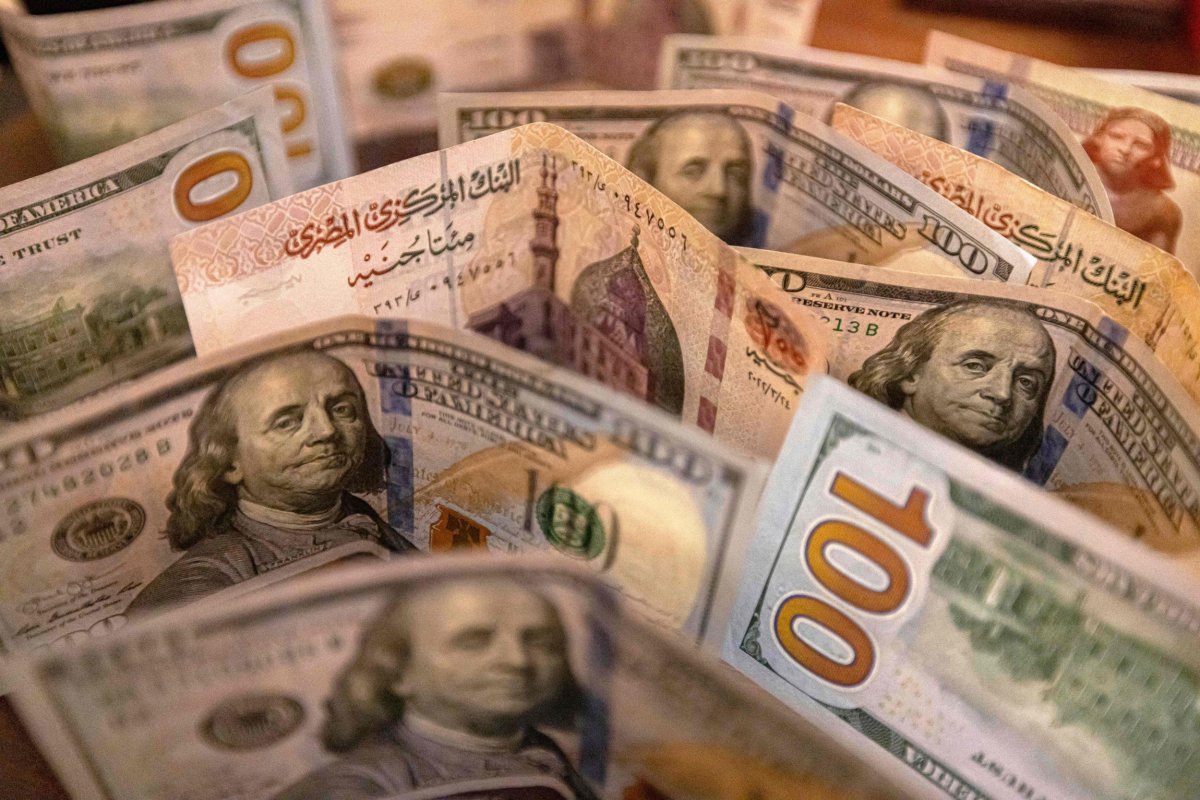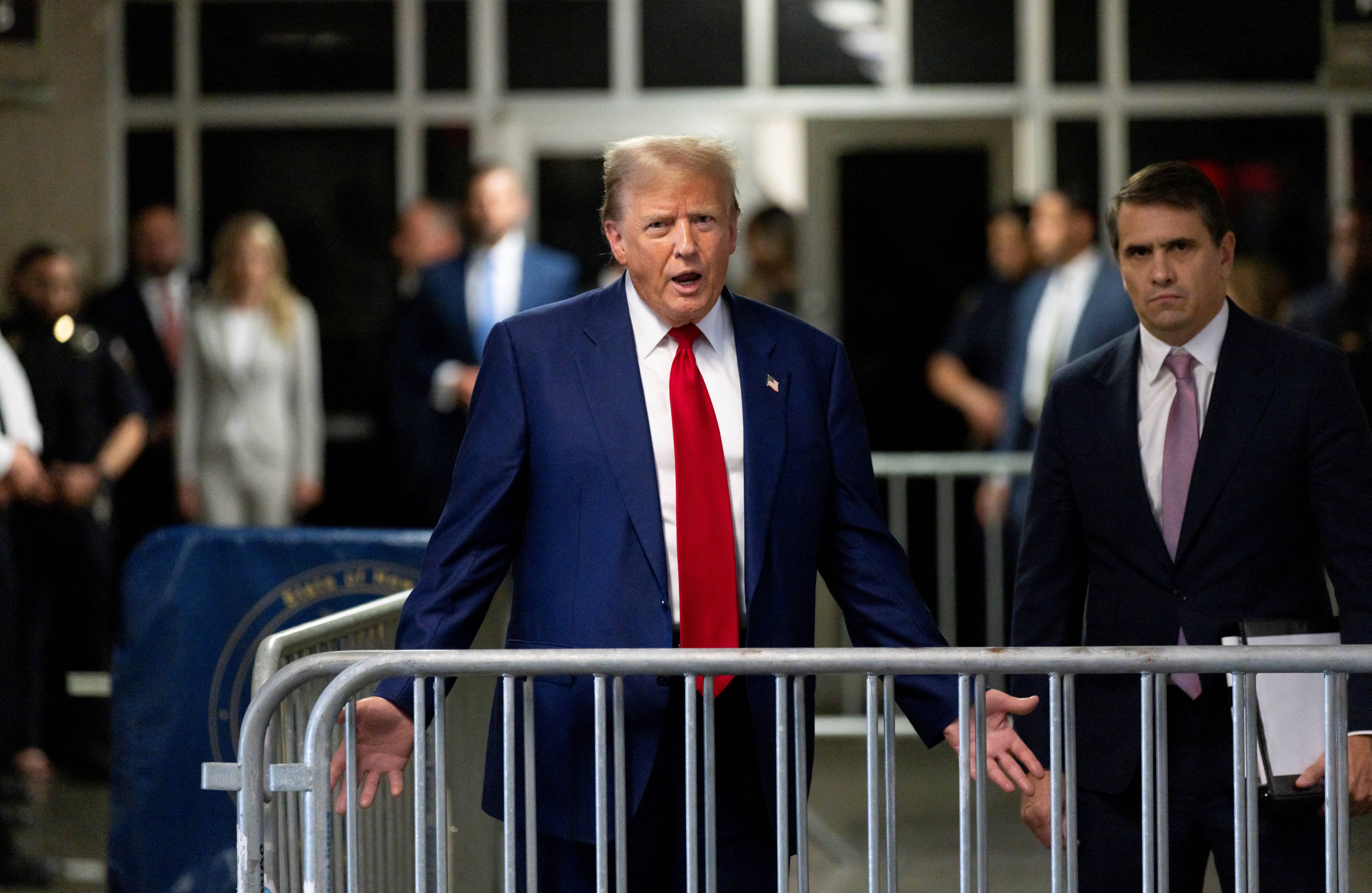Oil has been priced in dollars and sold on a global market for decades. Following Russia's invasion of Ukraine, the United States effectively stopped the use of the dollar in Russian oil sales and partitioned the oil market.
Two of the world's largest oil importers, China and India, have begun using other currencies to buy Russian oil. The world's largest oil exporter, Saudi Arabia, has expressed a willingness to trade oil in currencies other than the dollar. The Saudi statement set off a round of speculation that using the dollar as a foreign policy tool could weaken its role as a global reserve currency.
We disagree. The war in Ukraine is creating many risks for the United States, but a loss of the dollar's reserve currency status is not one of them.

Reserve currencies are held by central banks to settle international financial transactions without having to involve a variety of different currencies. The banks simply settle their accounts using the common reserve currency. Since the Second World War, the dollar has been the dominant reserve currency and today accounts for roughly 60 percent of central bank foreign currency reserves. The Euro accounts for 20 percent, the pound and yen each about 5 percent, and the Chinese renminbi (RMB) less than 3 percent.
The dollar's role as a reserve currency creates a strong demand from foreign central banks for both dollars and dollar-backed securities like U.S. Treasury bonds. Because there is a strong demand for these bonds, the U.S. Treasury can pay a lower interest rate on them, thus significantly lowering the U.S. government's borrowing costs. It also means that the U.S. borrows in its own currency and is not subject to wild swings in exchange rates. Borrowing in dollars has caused many nations serious problems when the exchange rate for their own currency weakened against the dollar causing their dollar-denominated debt to explode in terms of their own currency.
The dollar's reserve status has long been a target of foreign resentment. A French finance minister once called it an "exorbitant privilege." Latin American countries have tried more than once to create their own currency block. For China, establishing a more significant international role for the renminbi is a strategic goal. Beijing obtained it's inclusion in the IMF Special Drawing Rights basket in 2015 and established the Cross-Border Interbank Payment System (CIPS) to rival the dollar-based SWIFT system. Even European nations, including France, Britain, and Germany, created something known as the Instrument in Support of Trade and Exchange in order to bypass U.S sanctions on Iran.
These efforts have all largely failed because the dollar's reserve currency status is neither an accident nor an act of goodwill. It is based on solid economic realities such as: the size of America's economy, its volume of trade, the depth of its capital markets, the convertibility of its currency, and Washington's macroeconomic policies. In all but the last of these, the United States has few, if any, rivals.
The United States has the world's largest economy. About half of all international trade is invoiced in dollars. About half of all international loans and global debt securities are denominated in dollars. In foreign exchange markets, where currencies are traded, dollars are involved in nearly 90 percent of all transactions. The $25 trillion U.S. Treasury bond market offers a depth no other financial market can match. This allows foreign central banks to quickly liquidate their reserves when, for example, they need to manage their exchange rates. As for oil markets, it is worth remembering that every day 100 million physical barrels of oil are purchased in an increasingly diverse set of currencies, but more than 10 times as many paper barrels are traded in futures market almost entirely in dollars.
There are also significant political underpinnings for the dollar's international role. The U.S. possesses the world's most powerful military, which since the end of the Cold War has supplied a public good of tremendous value—namely the ability to travel and trade almost anywhere in relative safety. Globalization would never have occurred without it.
Despite their frequent complaints, China and the European Union have benefitted greatly from the global security provided by American military power and through their purchase of American debt have helped finance it.
Nations also rely on the dollar because in times of financial crisis the U.S. has proven far more willing to act as the lender of last resort than the European Union, China, or Japan.
Finally, those countries that have been subjected to American financial sanctions—such as Iran, Afghanistan, Libya, and now Russia—are typically human rights violators with authoritarian governments pursuing foreign policies sharply at odds with Washington. Most global trade is carried out between nations politically aligned with the U.S. for whom the risk of economic sanctions is small.
Ultimately, no other country possesses America's economic or military prowess and no other currency is likely to replace the dollar. The Eurozone is a large economy, but it is neither a fiscal nor a political union. Militarily, Europe punches far below it economic weight. China is a rising power with ambitions to see the renminbi become a global reserve currency. However, China lacks deep, liquid private financial markets and does not allow free capital flows. Its record on financial transparency is as weak as its reputation for protecting property rights.
There certainly are emerging threats to the dollar's financial hegemony. Bilateral currency swaps between central banks made in their own currencies have begun to erode the need for a reserve currency. In an increasingly multipolar world, the G20 could divide into competing trade blocks, each with its own reserve currency. Above all, America's exorbitant government debt levels may erode confidence in the dollar. But it took two world wars and a great depression to dethrone the British pound. It will take more than sanctions on the ruble to unseat the dollar.
David H. Rundell is a former chief of mission at the American Embassy in Saudi Arabia and the author of Vision or Mirage, Saudi Arabia at the Crossroads. Ambassador Michael Gfoeller is a former political advisor to the U.S. Central Command and a member of the Council on Foreign Relations.
The views expressed in this article are the writers' own.
Uncommon Knowledge
Newsweek is committed to challenging conventional wisdom and finding connections in the search for common ground.
Newsweek is committed to challenging conventional wisdom and finding connections in the search for common ground.
About the writer
To read how Newsweek uses AI as a newsroom tool, Click here.








